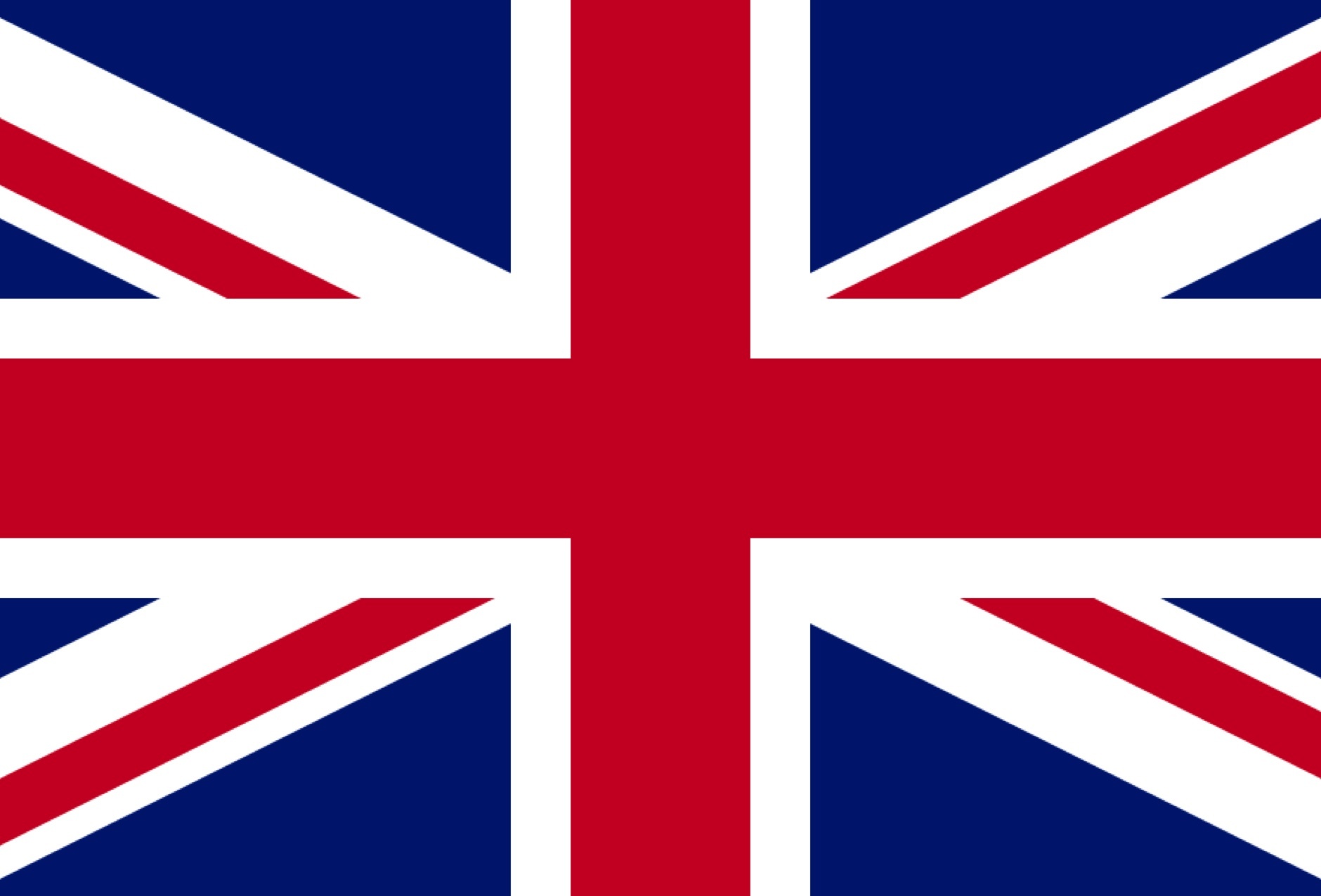The Department of the Treasury has announced that it will allow alcohol, tobacco and firearm companies to delay their excise tax payments for 90 days due to the economic challenges caused by the coronavirus COVID-19 pandemic.
Update (April 2, 2020) — A couple of days after this story was published we were informed that this action hasn’t taken effect yet due to some legal issues.
Because the tax is collected by Customs and Border Protection (CBP) and not by the Department of the Treasury or Alcohol and Tobacco Tax and Trade Bureau, it appears that Mnuchin’s order is not yet enforceable because he has no authority over CBP.
The American Distilled Spirits Alliance, which represents liquor distilleries, sent us the following message it received from CBP confirming that it is not yet able to enforce the tax deferment order:
Our guidance last week still stands, as we still do not have to legal authority to unilaterally defer payments of duties, taxes, or fees. We’re engaged in ongoing dialogue with the White House, USTR, and Treasury to examine options, but still have nothing official that we can share. I believe the White House is currently reviewing options, and may make some type of announcement at some point this week. CBP is standing by to implement anything ordered by the President.
The original story is published below.
In a press release today, the Department of the Treasury said that companies will have an additional 90 days to make payments due between March 1, 2020-July 1, 2020. So long as the payments are made within the 90-day window companies will not incur any interest or penalties.
For cigar companies, this will mean an additional 90 days to make federal excise tax payments, which are set at 52.75 percent of the “manufacturer’s price” of a cigar, capped at 40.26 cents per cigar. That money is used to fund a program to provide underprivileged children health care.
The excise tax is built-in to the wholesale price of a cigar that a manufacturer charges a retailer, meaning the government is effectively giving manufacturers an interest-free 90-day loan worth the amount of their excise tax bills.
It seems unlikely this would affect the user fees paid by cigar companies to the U.S. Food & Drug Administration (FDA) as user fees are, by law, not considered taxes. User fees are based on the excise tax paid on a cigar, meaning they aren’t identical across the board, but halfwheel estimates them to be less than 6 cents per cigar.
“Many businesses regulated by the Alcohol and Tobacco Tax and Trade Bureau (TTB) have been adversely impacted by the COVID-19,” said Steven T. Mnuchin, secretary of the Department of the Treasury, in a press release. “To assist these businesses during this challenging period, Treasury is postponing several filing and payment due dates for 90 days.”
The department said it will also evaluate “alternate methods” of payment on a case-by-case basis.
Update (April 2, 2020) — Please see the notes at the top. This story was originally published on March 31, 2020.



